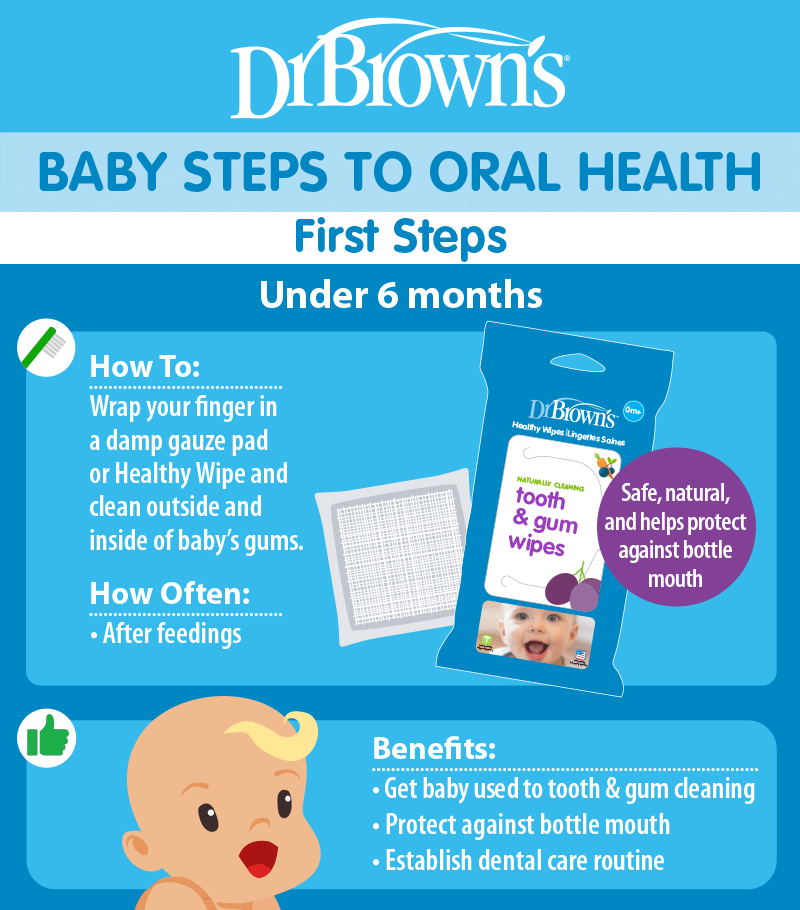
Baby Tooth Care: A Comprehensive Guide for Parents
Introduction
Baby teeth, also known as primary teeth, play a crucial role in a child’s oral health and overall development. They not only aid in chewing and speech but also serve as placeholders for permanent teeth. Proper care of baby teeth is essential to prevent cavities, gum disease, and other dental issues that can impact a child’s well-being. This comprehensive guide will provide parents with the necessary information and strategies to ensure optimal baby tooth care.
Importance of Baby Teeth
Baby teeth serve several vital functions:
- Chewing: They enable children to chew and break down food, providing nourishment for growth and development.
- Speech: Baby teeth help children form sounds and words, facilitating language development.
- Space Maintenance: They hold space for permanent teeth to erupt in their proper positions.
- Facial Development: Baby teeth support the development of the jaw and facial muscles.
- Overall Health: Dental health is linked to overall health. Cavities and gum disease in baby teeth can lead to infections that spread to other parts of the body.
Teething: Signs and Symptoms
Teething, the process of baby teeth erupting through the gums, typically begins around 6 months of age and continues until around 3 years old. Common signs and symptoms of teething include:
- Swollen and tender gums
- Increased drooling
- Irritability and fussiness
- Biting and chewing on objects
- Mild fever
- Difficulty sleeping
Baby Tooth Care Routine
Establishing a consistent baby tooth care routine is crucial for maintaining oral health. Here are the essential steps:
- Brushing: Begin brushing baby teeth as soon as they erupt. Use a soft-bristled toothbrush and a pea-sized amount of fluoride toothpaste. Brush twice a day, morning and night.
- Flossing: Flossing should start when baby teeth touch each other, typically around 2 years of age. Use a gentle dental floss and floss once a day.
- Rinsing: Encourage children to rinse their mouths with water after brushing and flossing to remove any remaining food particles or toothpaste.
- Regular Dental Checkups: Schedule regular dental checkups for your child starting around 6 months of age. The dentist will examine the teeth, clean them professionally, and provide guidance on proper oral hygiene practices.
Preventing Cavities and Gum Disease
Cavities and gum disease are common dental problems in children. Here are some tips to prevent them:
- Limit Sugary Foods and Drinks: Sugary foods and drinks feed the bacteria in the mouth, leading to cavities. Limit their consumption and encourage healthy snacks like fruits and vegetables.
- Avoid Nighttime Bottle Feeding: Prolonged exposure to sugary liquids, such as formula or juice, can increase the risk of cavities. Avoid bottle feeding at night or offer water instead.
- Use Fluoride: Fluoride strengthens tooth enamel and helps prevent cavities. Use fluoride toothpaste and consider fluoride supplements if recommended by your dentist.
- Regular Dental Checkups: Regular dental checkups allow the dentist to detect and treat cavities and gum disease early on.
Common Baby Tooth Problems
Some common baby tooth problems include:
- Cavities: Cavities are holes in the teeth caused by bacteria that feed on sugar. They can cause pain, sensitivity, and tooth decay.
- Gum Disease: Gum disease is an infection of the gums that can lead to bleeding, swelling, and tooth loss.
- Trauma: Baby teeth can be damaged by falls, accidents, or biting on hard objects.
- Tooth Decay: Tooth decay is the gradual destruction of tooth structure due to bacteria and acids. It can lead to cavities and tooth loss.
Treatment of Baby Tooth Problems
Treatment for baby tooth problems depends on the severity and type of issue. Common treatments include:
- Fillings: Fillings are used to repair cavities and restore the tooth’s structure.
- Crowns: Crowns are caps placed over damaged teeth to protect them and restore their function.
- Extraction: In severe cases, a baby tooth may need to be extracted to prevent further damage or infection.
- Root Canal: A root canal is a procedure that removes infected pulp from the tooth’s root.
Additional Tips for Baby Tooth Care
- Use a Teething Ring: Teething rings can provide relief from teething pain. Choose rings made of safe materials and avoid those with liquids or gels.
- Massage the Gums: Gently massaging the gums with a clean finger or a soft toothbrush can help soothe teething pain.
- Offer Cold Foods: Cold foods, such as frozen fruit or yogurt, can numb the gums and reduce discomfort.
- Avoid Thumb Sucking: Prolonged thumb sucking can affect the alignment of teeth and jaws. Encourage your child to stop sucking their thumb by offering alternative soothing methods.
- Set a Good Example: Children learn by observing their parents. Practice good oral hygiene habits and encourage your child to do the same.
Conclusion
Baby tooth care is an essential aspect of a child’s overall health and well-being. By following the recommendations outlined in this guide, parents can help their children maintain healthy baby teeth, prevent dental problems, and lay the foundation for a lifetime of good oral health. Remember to consult with your dentist regularly for professional guidance and support.
